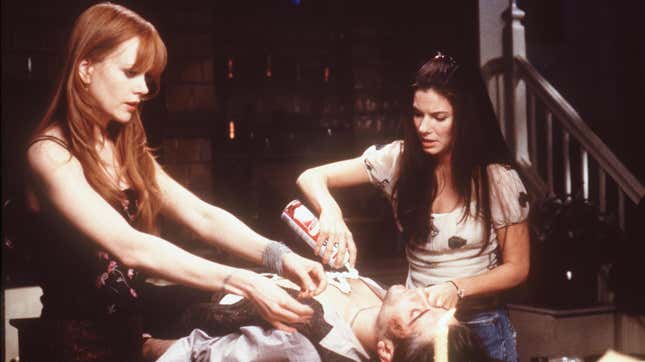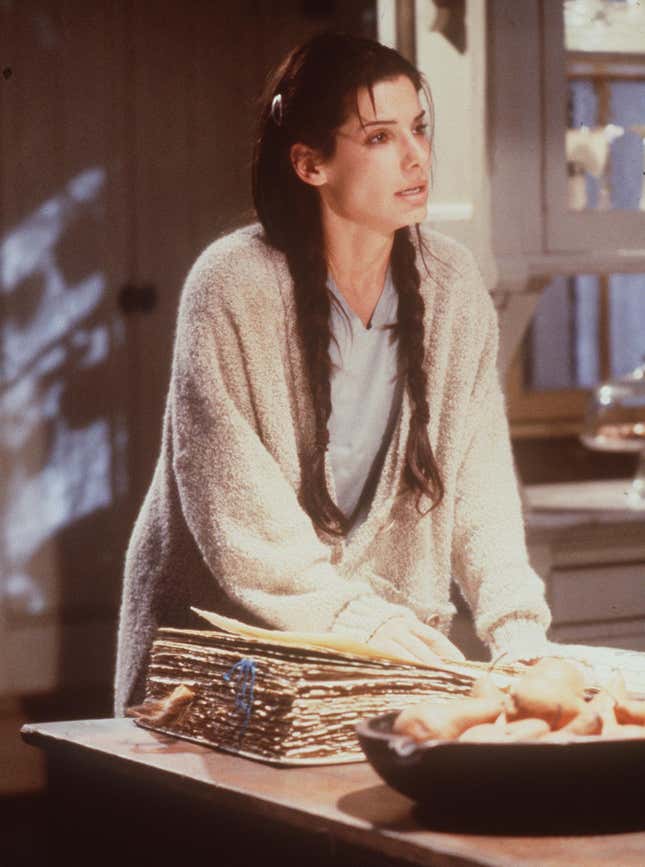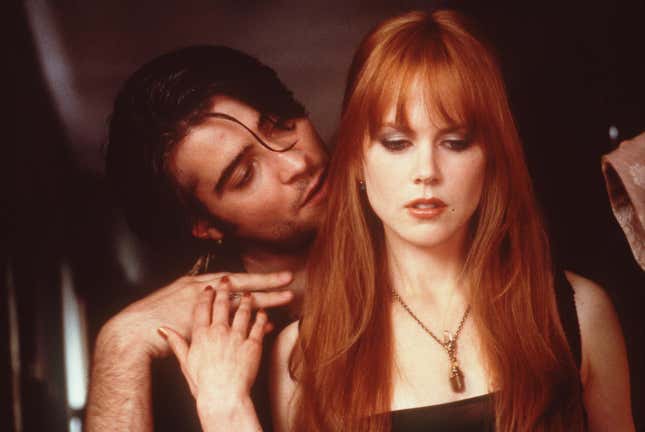The Woman Behind ‘Practical Magic’ on Why It Still Speaks to Those of Us Who Feel Cursed
Alice Hoffman, who wrote the story in the mid-'90s, discusses how the cult classic took witches, heartbreak, and chosen sisterhood seriously.
EntertainmentMovies

Practical Magic was always supposed to be a cult classic. Sure, four celebrated—if not critically acclaimed—actors helmed the cast, the director happened to be the nephew of Joan Didion, and the studio bestowed upon it, by nineties standards, a sizable budget. Upon its October 1998 release, however, an overwhelming number of critics were flush with shortcomings. To put it in 2022 terms: One could read kinder reviews of Don’t Worry Darling.
The Los Angeles Times likened it to “a sitcom with the air let out of it.” CNN called it “not particularly good,” and the New Yorker declared itself unable to decide whether it was “a horror show, a cute comedy, or a soap opera.” Yet, to the woman who wrote the 1995 novel from which Practical Magic was adapted, Alice Hoffman, the film was without fault. Not because she wrote its source material, but because her kind of magic wasn’t made for the mainstream. The chronicles of the cursed Owens women were meant for people like her—someone who had long found herself looking for purchase in places she felt she didn’t belong, and discovering it in narratives that envisaged the pale between the painfully real and the profoundly magical. Witches, she recalled via phone call with Jezebel, weren’t just her preferred protagonists. They were personal deities.

“For me—as I think it is for a lot of women and girls—I felt that they were figures that had power, and I felt very powerless,” she said. “It was just very exciting and thrilling to think of a witch who didn’t care if she was portrayed as ugly—which of course, I felt like I was—or not beautiful enough or whatever, but still had power and didn’t need to be rescued.”
-

-

-

-

-

-

-

-

-

-

-

-

-

-

-

-

-

-

-

-

-

-

-

-

-

-

-

-

-

-

-

-

-

-

-

-

-

-

-

-









































